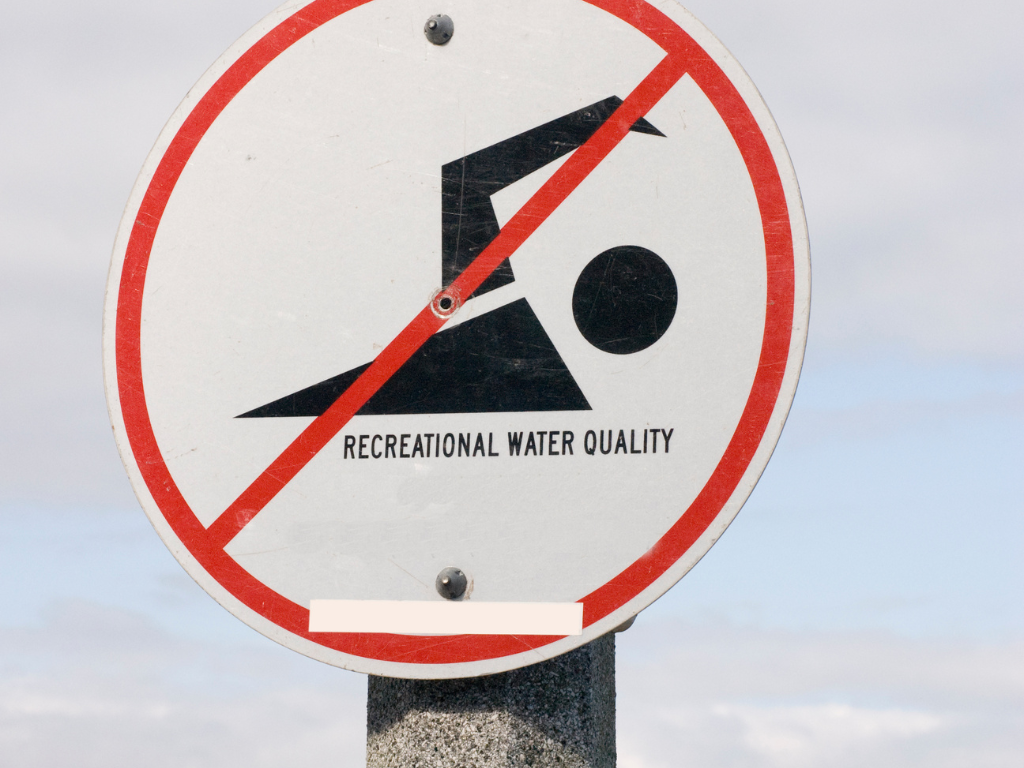Today, that’s expressions with animals.
Heureux comme un poisson dans l’eau.
“To be happy as a fish in water”. That means to feel comfortable in a given situation.
Lisa et Pierre ont adopté un enfant et celui-ci est heureux comme un poisson dans l’eau dans sa nouvelle famille. Lisa and Pierre have adopted a child and he is as happy as a fish in water in his new family.
Verser des larmes de crocodile.
“To shed crocodile tears”. That means to pretend to cry.
L’assassin essaie de tromper les policiers en versant des larmes de crocodiles.
The assassin tries to fool the police by shedding crocodile tears.
Avoir un porte-monnaie en peau de hérisson.
“Having a hedgehog skin purse” means to be stingy.
J’en ai marre de sortir avec eux. Chaque fois que l’on sort ensemble, c’est moi qui paie car ils ont un porte-monnaie en peau de hérisson. I'm tired of hanging out with them.
Every time we go out, I pay because they have a hedgehog purse.
Faire avaler une couleuvre à quelqu’un.
To make someone swallow a snake. That’s the equivalent of this expression in English. Snake means serpent, the common word for all the varieties: couleuvre, vipère, python, etc… It means to deceive someone, make them believe anything.
Heureusement que je connais le sujet car elle me ferait avaler des couleuvres.
Fortunately, I know the subject because it would make me swallow snakes.
Être comme un coq en pâte.
To be like a rooster in dough. That means to be very pampered.
Steve aime aller chez sa grand-mère, elle le gâte trop, il est comme un coq en pâte.
Steve likes to go to his grandmother's, she spoils him too much, he's like a rooster.
Se regarder en chien de faïence.
To look at each other as an earthenware dog. That means some people stare at each other, look at each other suspiciously without speaking.
Gênées l’une et l’autre, elles se regardaient en chien de faïence, ne sachant que dire.
Both embarrassed, they stared at each other, not knowing what to say.
Être à cheval sur quelque chose.
To be on top of something. That means to be very demanding of something, to give importance to something.
Fais attention de ne pas mettre de miettes par terre, ma tante est à cheval sur la propreté.
Be careful not to put any crumbs on the floor, my aunt is a stickler for cleanliness.
Être malin comme un singe.
Equivalent in English : to be sharp as a tack. That means that someone is as sly as a monkey and can easily trick you.
Méfie-toi de ce voisin, il est malin comme un singe, il arnaque les gens avec ses combines.
Beware of this neighbour, he is smart as a monkey, he scams people with his tricks.
Les chiens ne font pas de chats.
Dogs don’t make cats.That means that children inherit the character, personality, and quirks of their parents.
Ces enfants sont souvent malades comme leurs parents. Hé oui, les chiens ne font pas de chats.
These children are often sick like their parents. Yes, dogs don't make cats.
Se mettre dans un trou de souris.
Getting into a mouse hole. That means to be embarrassed so that we wish to be forgotten, not to be seen.
Hier, à la réunion, j’avais tellement honte que j’aurais voulu me mettre dans un trou de souris.
Yesterday at the meeting, I was so ashamed that I wanted to put myself in a mouse hole.
Poser un lapin.
“To stand someone up” that’s the equivalent of this expression. It means that someone didn’t come to an appointment or to a date and the other person who came, waited for.
Julie est furieuse car Pierre lui a encore posé un lapin.
Julie is furious because Pierre has once again stood her up.
Mettre la charrue avant les bœufs.
“Put the cart before the horse” that’s the equivalent of this expression in English. In French, they use a bull. That means to do things out of order.
Pour réaliser un projet, il ne faut pas mettre la charrue avant les bœufs.
To carry out a project, you must not put the cart before the horse.
Vendre la peau de l’ours avant de l’avoir tué.
To buy the bear skin before killing it means to rejoice in something you haven't gotten yet.
Si tu vends la peau de l’ours avant de l’avoir tué, tu risques d’avoir de gros problèmes.
If you sell the bear skin before you kill it, you could be in big trouble.
Donner sa langue au chat.
“Give one’s tongue to the cat” means to give up guessing, find the solution.
Je ne connais pas la réponse, je donne ma langue au chat.
I don't know the answer, so I give my tongue to the cat.
Passer du coq à l’âne.
“Jump from pillar to post”. That’s the equivalent of this expression in English. To talk about a topic and skip to another one without relation between these two topics.
Je vous donne un conseil : ne sautez pas du coq à l’âne !
I give you a piece of advice: do not jump from rooster to donkey!
Sauter comme un cabri.
“Jump like a kid”. That means to jump quickly.
Nous étions tellement contents d’être en vacances que nous sautions comme des cabris.
We were so happy to be on vacation that we jumped like kids.
Être fait comme un rat.
To be made like a rat. That means to be trapped.
Les voleurs essayaient de s’échapper mais toutes les issues s’étaient refermées, ils ne pouvaient pas sortir, ils étaient faits comme des rats.
The thieves tried to escape but all the exits were closed, they couldn't get out, they were made like rats.
Un travail de fourmi.
“Painstaking work”. That’s the equivalent of this expression in English. “Fourmi” in French is “ant”. This expression means a meticulous, delicate and generally long work.
Lorsque ma grand-mère brodait ses propres draps, c’ était un véritable travail de fourmi.
When my grandmother embroidered her own sheets, it was painstaking work.
Avoir une faim de loup.
“Could eat a horse”. It is the equivalent of this expression in English. That means to be very hungry and even to starve. “Loup” in French is "wolf".
Les ouvriers n’ont pas mangé depuis ce matin, ils ont une faim de loup.
The workers haven't eaten since this morning, they could eat a .
Être bavard comme une pie.
“Being talkative as a magpie” means to chat a lot.
Taisez-vous, on dirait des pies bavardes !
Shut up, they sound like talkative magpies!
What are expressions you know in French? Tell me this as a comment.
Do you prefer to watch the video instead?
https://youtu.be/dbhHdQbxkqA
Want more expressions? Email me 












